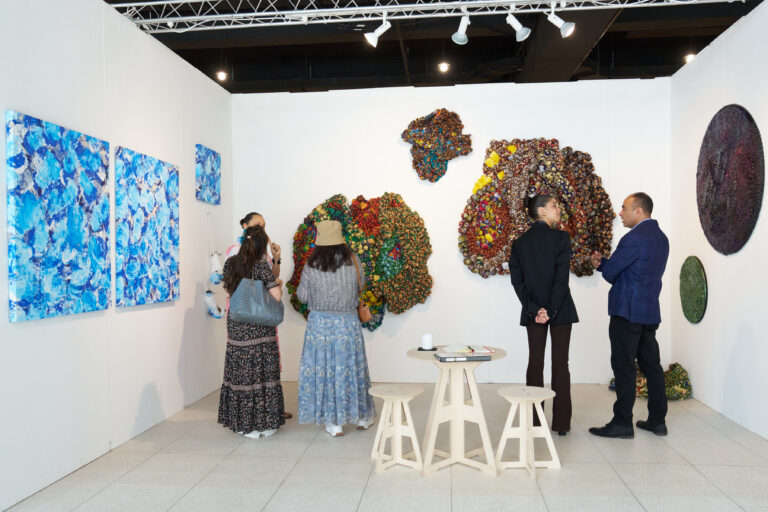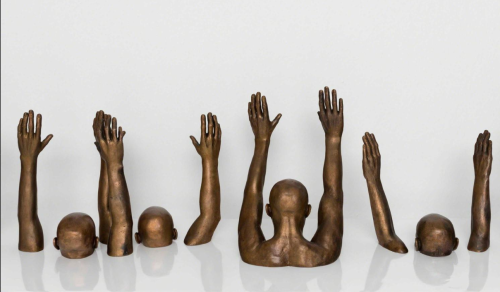Through Jan. 21, The
African American Museum in Philadelphia (AAMP) will open its newest fall exhibition, “Cotton:
The Soft, Dangerous Beauty of the Past.” The exhibit, which features 35 medium size, to
large-scale photographs, installations, and altarpieces by Philadelphia based artist John E.
Dowell explores the contrast between the beauty of the plant and its prolonged relationship
with American slavery.
Dowell’s cotton filled visuals evoke the most overlooked aspects of U.S. slavery including its
history in the North and the impacts of cotton as a symbol to channel ideas, dreams, fantasies,
and a portal to communicate with ancestors and the spectator.
“The origin of this body of work came to me in a dream. I knew there was a story to tell, and
not quite sure what it was; I felt compelled to uncover it. I began to photograph cotton, and its
floating, near-spiritual beauty came to represent lost souls and our relationship to our past. We
can only learn from our past if we remember it. These works are a visual exploration of the role
of cotton in shaping that past, as well as our present,” said John Dowell.
Dowell’s nationally recognized art prints, paintings, and photographs were featured in more
than 50 one-person exhibitions and represented in the permanent collections of 70 museums
and public collections, including the Museum of Modern Art in New York City, the Metropolitan
Museum of Art, the Museum of Fine Arts, Boston, the San Francisco Museum of Modern Art
And the Bibliothèque Nationale in Paris, France. He is a Professor Emeritus of Tyler School of Art
at Temple University for more than four decades.
“The African American Museum is committed to providing a platform for artists like John
Dowell, whose work is of national and even international consequence. Dowell’s “Cotton”
exhibition is especially powerful as it provides a visually compelling exploration of a topic that
is central to African American history. Our visitors will find this unique exhibit to be both
aesthetically and intellectually engaging” said Patricia Wilson Aden, President of AAMP.
Cotton: The Soft, Dangerous Beauty of the Past











